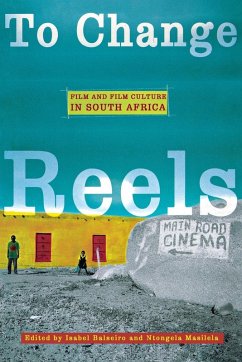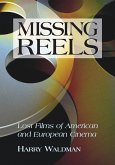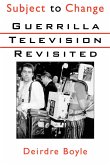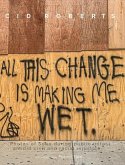With the end of apartheid, South African cinema is at a turning point in its history. But how can we speak of a national cinema when so far only an elite minority has participated in it? How can filmmakers draw upon the past as they take South Africa into a new artistic era? This collection offers an unprecedented look at a film industry that has excluded its country's black majority, in both representation and production-and that now must overcome collusion between racist ideology and film form. Until recently, filmmakers could work only within a culture that reluctantly took black South Africans into account. Therefore, to explore what South African cinema has been and could become, the authors do not limit their discussion to film production but approach cinema as a manifestation of cultural history. How has the purpose of cinema been viewed at different times in South Africa, by different governments and social groups? What is the relation between film and a sense of nationhood in South Africa? What has happened when whites aim to make "black" films? How has film been viewed in relation to the notion of leisure in South Africa? Such questions lead to a consideration not only of films made by South Africans in South Africa but also of an unfolding film culture within a series of stages that have yet to give rise to a national cinema.
Hinweis: Dieser Artikel kann nur an eine deutsche Lieferadresse ausgeliefert werden.
Hinweis: Dieser Artikel kann nur an eine deutsche Lieferadresse ausgeliefert werden.








